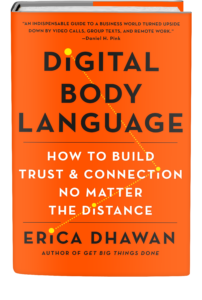Coaching is a core leadership practice that enables others in a variety of contexts from companies and nonprofits to campaigns and trainings.
A good coach doesn’t take over.
A good coach waits for the question. The coachee first needs to own his situation and once they do, a good coach asks the right questions, helps them take action and holds them accountable to take action.
On Saturday, I facilitated a Strong Women Strong Girls leadership coaching session for 40 professional women. Strong Women Strong Girls is a nonprofit that utilizes the lessons learned from strong women throughout history to encourage girls and young women to become strong women themselves through mentoring and coaching programs.
Since February, I have been doing leadership development workshops for SWSG college women at Tufts University. This time, I got to work with 40 professional women across companies in Boston who will now serve as “Leadership Coaches” for SWSG college women on 5 university campuses in Boston.
Using roleplay and coaching in pairs, we had the group learn coaching by practicing asking probing questions that both supported and challenged the person they were coaching. One woman in the session had a great definition of coaching: “coaching is about helping someone answer something where they already know what to do, they just haven’t realized it yet.” I thought this was a great description, coaching is almost like being a mirror for someone to see themselves.
Marshall Ganz, professor at Harvard University, describes that the first step in the coaching process is to observe and diagnose what type of coaching is needed. He describes three types of coaching below:
– Motivational (heart) coaching is aimed at enhancing effort.
– Strategic (head) coaching is aimed at helping the team or individual plan, evaluate, or think about its strategic or structural approach
– Educational (hands) coaching is aimed at helping the team or individual execute with skill (and learn from execution).
Once you have diagnosed the challenge, a good coach intervenes by asking questions to help the coachee to find the answer on their own. Then, a good coach will step back and observe the coachee trying the intervention in action. Lastly, a good coach always debriefs with the coachee to help them reflect on the experience: What went well? What were you challenged by? What are your goals/next steps?


Speak Your Mind